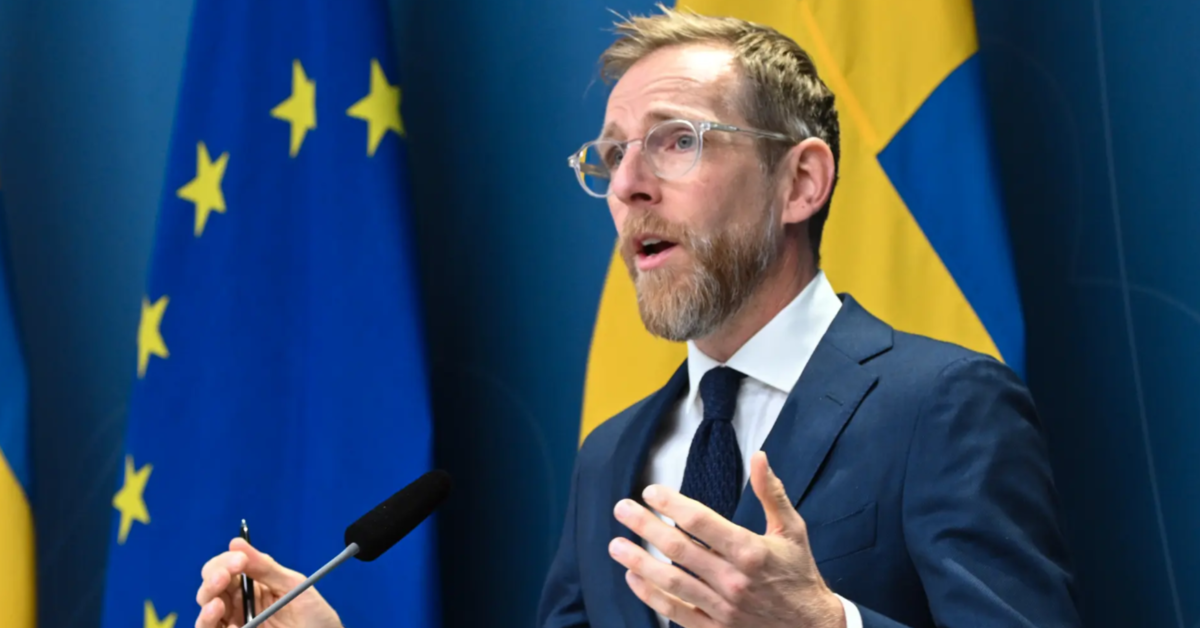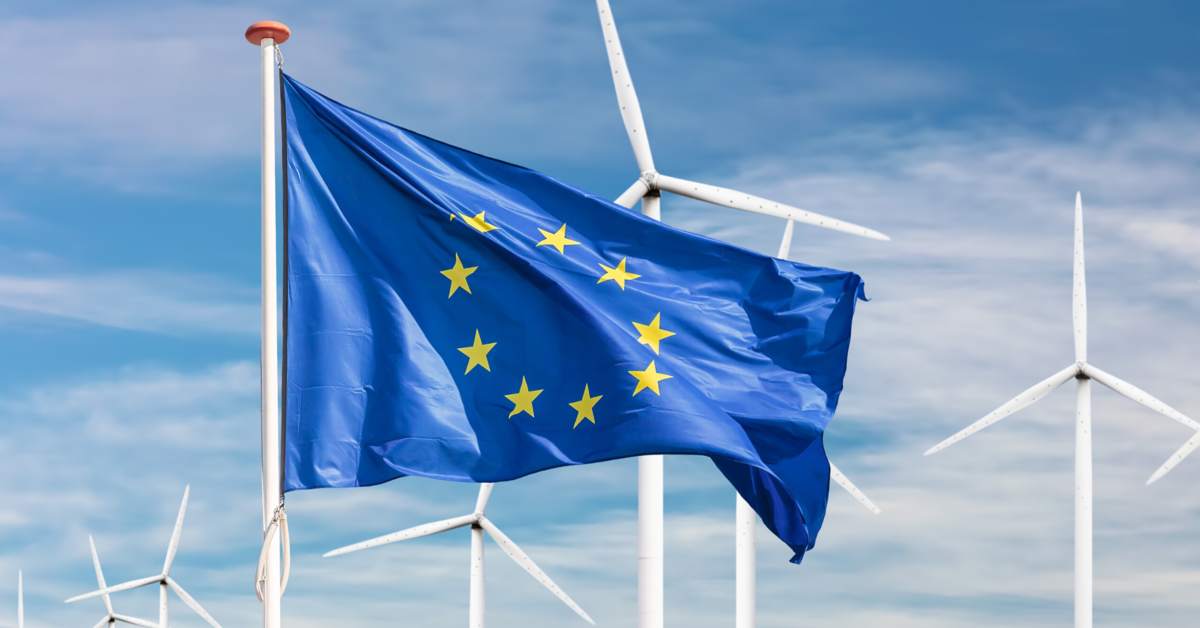Five Facts to Know: The State of the European Union (SOTEU) Address
European Commission President Ursula von der Leyen gave the last set-piece State of the European Union (SOTEU) address of her five-year term on September 13, 2023. In the last SOTEU before next June’s European Parliament elections, she highlighted the EU’s achievements, assessed upcoming challenges, and outlined flagship initiatives for the year ahead. President von der Leyen may well be reappointed by EU governments for a further five years from October 2024, and discerningly used this speech to underline the importance and promise of the EU with some personal touches, rather than promote herself. Here are five facts to know about the State of the European Union address 2023:
1. Implementing the EU Green New Deal means supporting European industry
The EU remains committed to its ambitious 2050 net-zero climate plan, and the Commission will propose an all-important 2040 interim emissions target in the coming year. But there is a renewed emphasis on ongoing support for European industry as it grapples with the green transition. President von der Leyen highlighted existing investment and initiatives, and also announced new ones: Clean Transition Dialogues with industry starting this month, and reforms to help the European wind power industry with fast-track permitting, improved renewable energy auctions, and skills, access to finance, and supply chain stability.
2. Economic Security takes center stage
President von der Leyen announced the launch of a Commission anti-subsidy investigation into Chinese electric vehicles by recalling the bankruptcies and talent exodus from Europe’s solar technology industry following China’s unfair trade practices in the early 2010s. She alleged that Chinese EV prices are kept low by “huge state subsidies.” Although the Commission President said it was vital to keep open lines of communication and dialogue with China, her message on EVs was unequivocal: “This is distorting our market…we do not accept this.” She also staked a claim to the recently announced India Middle East Europe Economic Corridor, which she billed as part of the EU’s Global Gateway project to counter Chinese trade dominance.
3. The EU still wants to lead work on Global AI standards
To EU minds, artificial intelligence holds immense potential yet also poses significant risks. The Commission President outlined a new global AI framework based on three pillars: Guardrails, Governance, and Guiding innovation. For the EU, Guardrails means human-centric, transparent, and responsible AI development assured through the soon-to-be-agreed EU AI Act, touted as a blueprint for the whole world. Under Governance, President von der Leyen advocated a global AI panel, mirroring the IPCC’s role in climate science. Guiding innovation involves a new initiative to open supercomputer capacity in Europe to AI start-ups and open dialogue with AI developers and deployers, which for Europe should lead to companies voluntarily applying the EU AI Act before it is even in force.
4. Talk of opening the EU to new members continues
EU enlargement was a major focus of the speech, and the Commission President painted as “completing our Union” the prospect of Ukraine, the Western Balkan countries, Moldova, and perhaps even Georgia joining the EU. She also acknowledged that this was not an easy road and accession was merit-based, as well as recalling that each previous wave of EU enlargement had been accompanied by deeper European integration. President von der Leyen announced the Commission will prepare reports on how EU policies and institutions might need to change, but a decision to admit new member states requires unanimous support from EU governments and the path to it has not yet been clearly set out.
5. SOTEU is not a legislative laundry list
Existing legislative proposals which were not mentioned are not cancelled or withdrawn. For example, the Commission President did not mention by name ongoing important negotiations by legislators on the health-focused Pharma Package or the biodiversity and agriculture-focused Nature Restoration Law, nor did she draw particular attention to EU-US relations. This does not mean any of these have been deprioritized. However, not all initiatives which have been floated before and are at earlier stages in the pipeline will see the light of day: doubts persist about Commission plans for Sustainable Food Systems and whether there will be a proposal to regulate access to vehicle data. President von der Leyen nevertheless noted that her Commission had delivered on 90% of the Political Guidelines (legislative program) she presented in 2019. She also called on Members of the European Parliament to use the next 300 days before the elections to finish the job Europeans entrusted them with. Work on legislation that is “on the table” will therefore continue, but the flow of new proposals will be limited.



